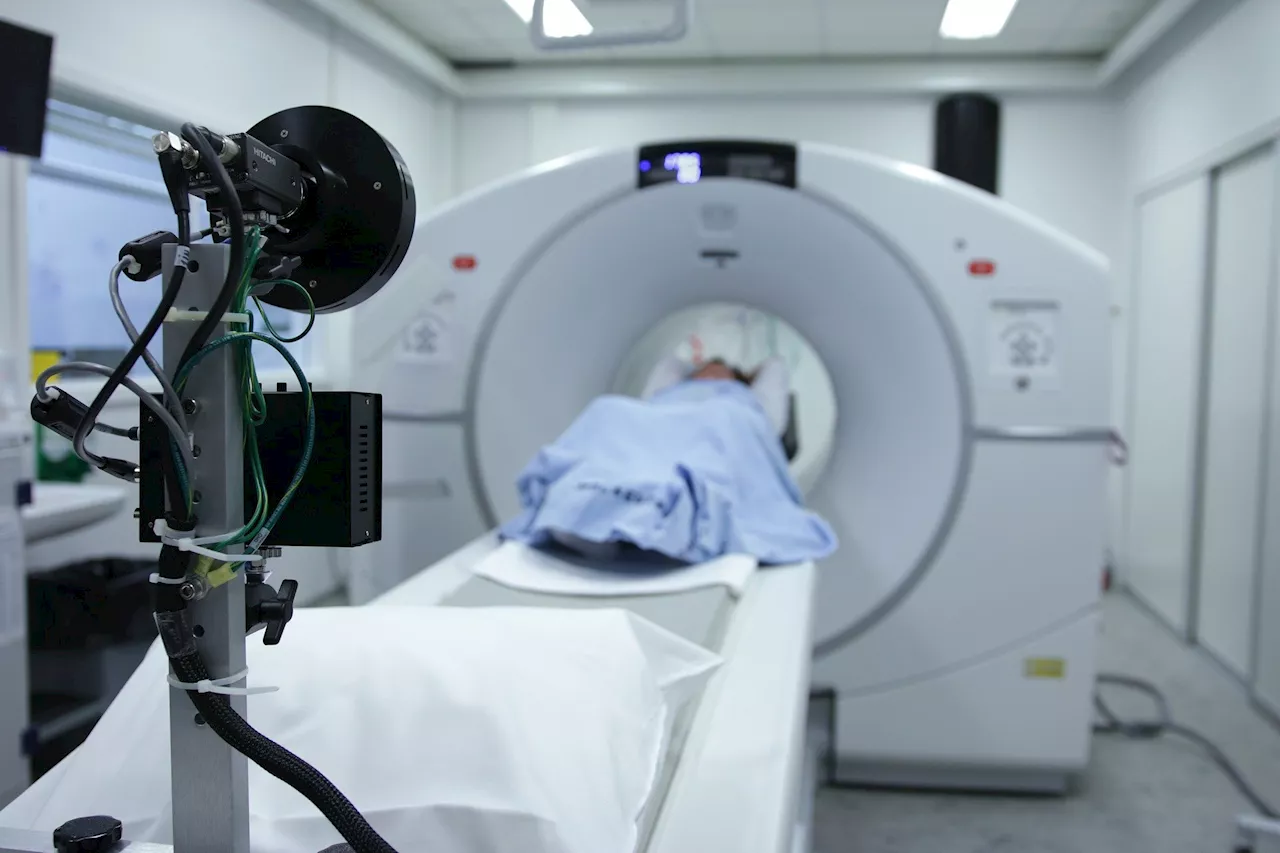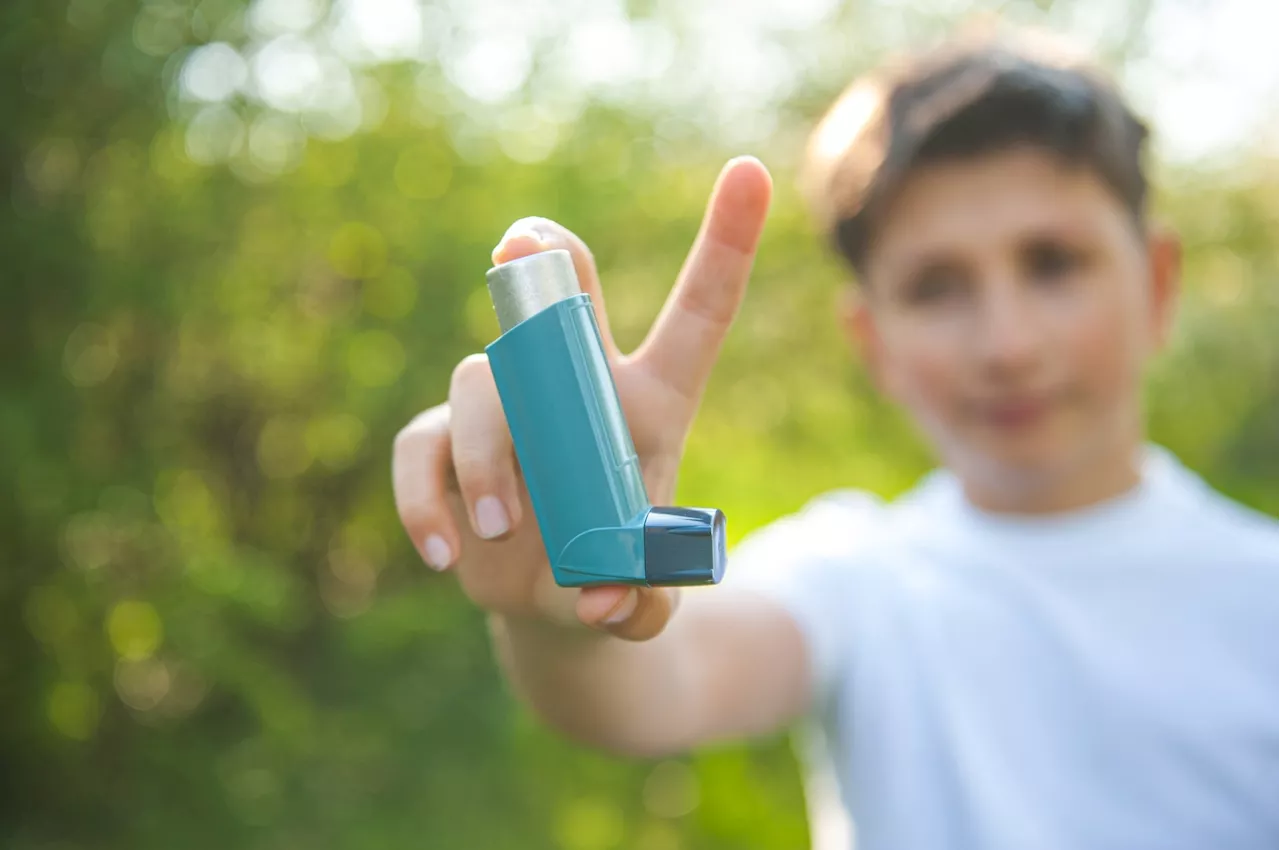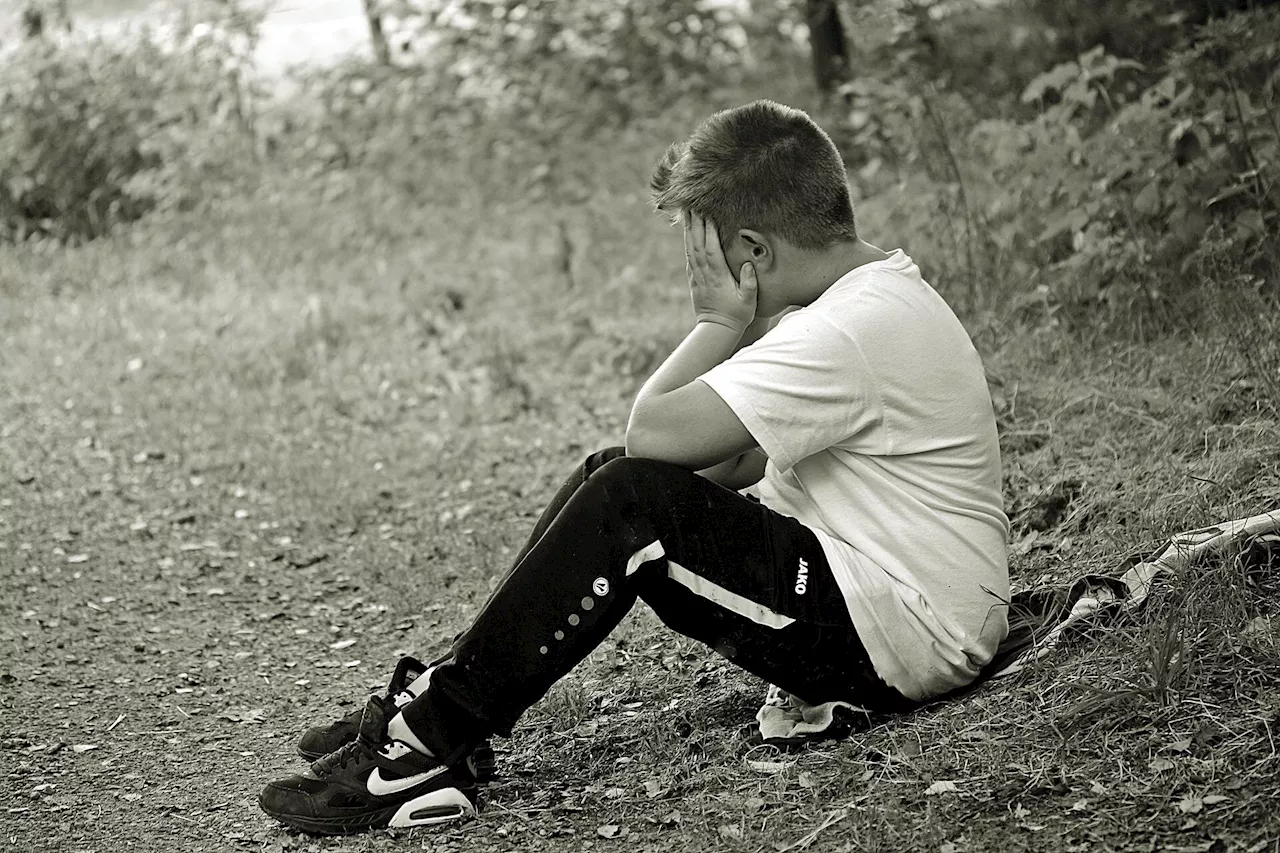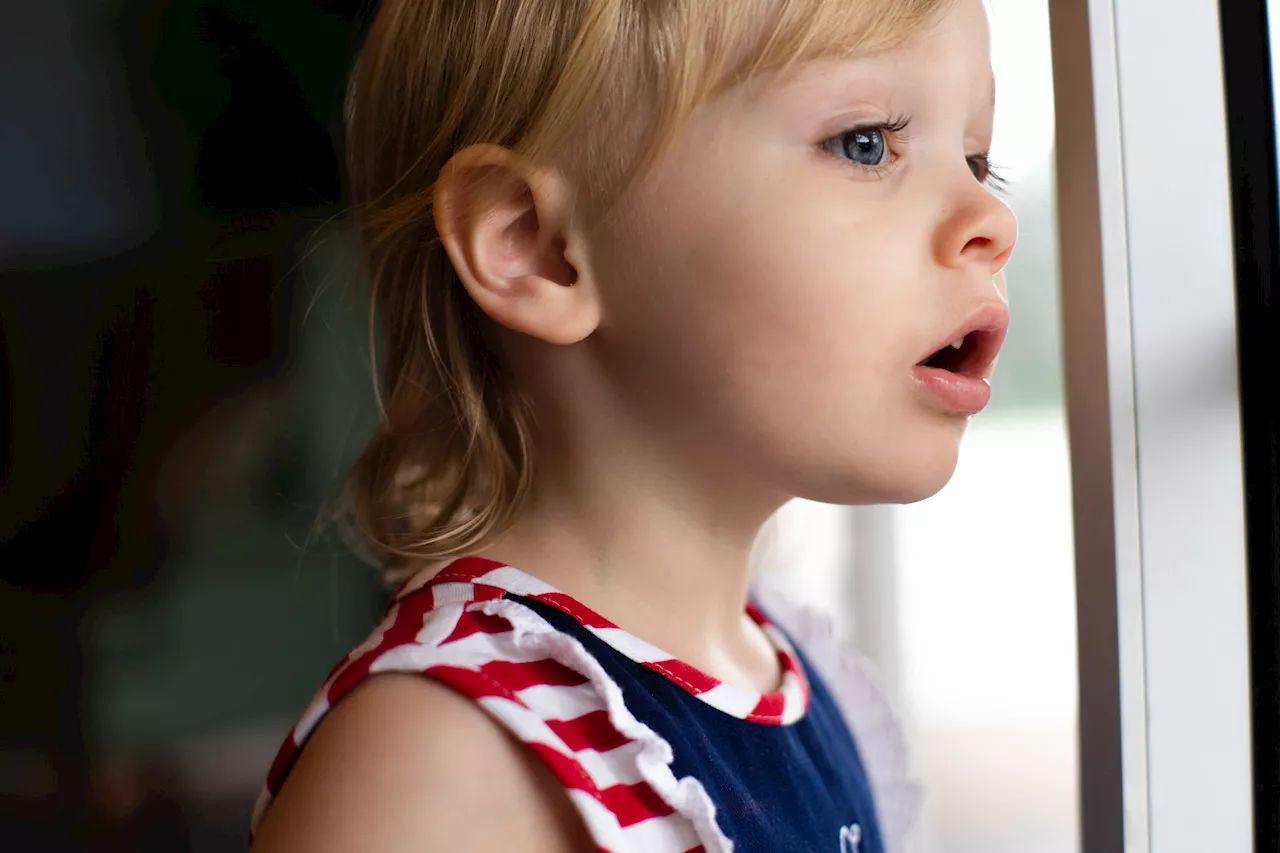Children learn much about self-regulation – that is affective, mental, and behavioral responses to certain situations – during their first few years of life. Some of these behaviors are about children's ability to choose a deliberate response over an automatic one.
FrontiersJun 28 2024 Children learn much about self-regulation – that is affective, mental, and behavioral responses to certain situations – during their first few years of life. Some of these behaviors are about children's ability to choose a deliberate response over an automatic one. This is known as effortful control, which is learned from the environment, first and foremost through children's relationship with their parents.
"Here we show that if parents regularly offer a digital device to their child to calm them or to stop a tantrum, the child won't learn to regulate their emotions," said Dr Veronika Konok, the study's first author and a researcher at Eötvös Loránd University. "This leads to more severe emotion-regulation problems, specifically, anger management problems, later in life.
They found that when parents used digital emotion regulation more often, children showed poorer anger and frustration management skills a year later. Children who were given devices more often as they experienced negative emotions also showed less effortful control at the follow-up assessment.
United Kingdom Latest News, United Kingdom Headlines
Similar News:You can also read news stories similar to this one that we have collected from other news sources.
 Injury prediction rule could decrease radiographic imaging exposure in children, study showsWhile cervical spine injuries (CSI) are uncommon in children, they can be potentially devastating, resulting in quadriplegia—paralysis below the neck affecting both arms and both legs.
Injury prediction rule could decrease radiographic imaging exposure in children, study showsWhile cervical spine injuries (CSI) are uncommon in children, they can be potentially devastating, resulting in quadriplegia—paralysis below the neck affecting both arms and both legs.
Read more »
 Study may facilitate the development of new personalized treatments for schizophrenia An International Study Publi...An international study led by the Hospital del Mar Medical Research Institute, in collaboration with researchers from the Neuropsychopharmacology Group at the University of the Basque Country (UPV/EHU) and researchers from the CIBER of Mental Health (CIBERSAM), and published in Nature Communications, may facilitate the creation of new personalized...
Study may facilitate the development of new personalized treatments for schizophrenia An International Study Publi...An international study led by the Hospital del Mar Medical Research Institute, in collaboration with researchers from the Neuropsychopharmacology Group at the University of the Basque Country (UPV/EHU) and researchers from the CIBER of Mental Health (CIBERSAM), and published in Nature Communications, may facilitate the creation of new personalized...
Read more »
 Climate change heat poses lasting brain risks for children, study findsThe impact of temperature exposure on children's mental health and cognition during prenatal and early childhood periods.
Climate change heat poses lasting brain risks for children, study findsThe impact of temperature exposure on children's mental health and cognition during prenatal and early childhood periods.
Read more »
 Access to urban vegetation can mitigate asthma risk for children, study findsHow urban vegetation and exposure to pollen are linked to the incidence of childhood asthma.
Access to urban vegetation can mitigate asthma risk for children, study findsHow urban vegetation and exposure to pollen are linked to the incidence of childhood asthma.
Read more »
 Study finds many health care providers are ill-equipped to recognize pain in abused childrenMany health-care professionals are ill-equipped to assess pain in children who have suffered abuse, a new study by McGill researchers suggests. This can lead to inadequate pain treatment, making the physical and emotional effects of abuse even worse.
Study finds many health care providers are ill-equipped to recognize pain in abused childrenMany health-care professionals are ill-equipped to assess pain in children who have suffered abuse, a new study by McGill researchers suggests. This can lead to inadequate pain treatment, making the physical and emotional effects of abuse even worse.
Read more »
 Study finds no long-term impact of anesthetics on childrenA University of Queensland-led study has found multiple doses of anesthetics do not compromise brain function in young children. The research paper was published in The Lancet Respiratory Medicine.
Study finds no long-term impact of anesthetics on childrenA University of Queensland-led study has found multiple doses of anesthetics do not compromise brain function in young children. The research paper was published in The Lancet Respiratory Medicine.
Read more »
